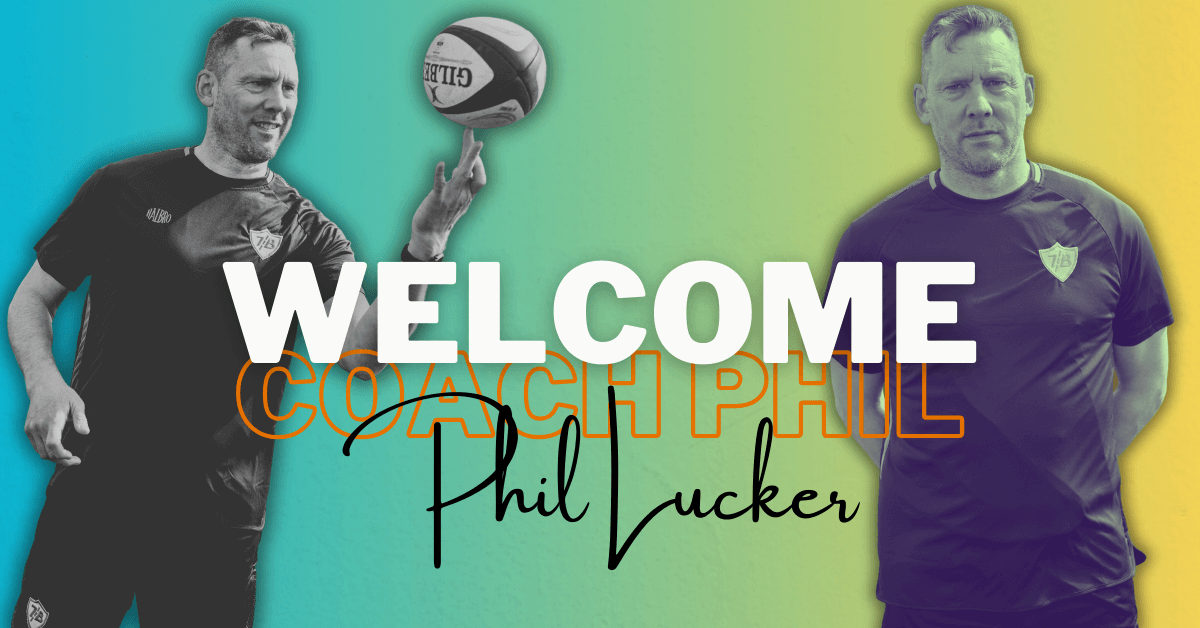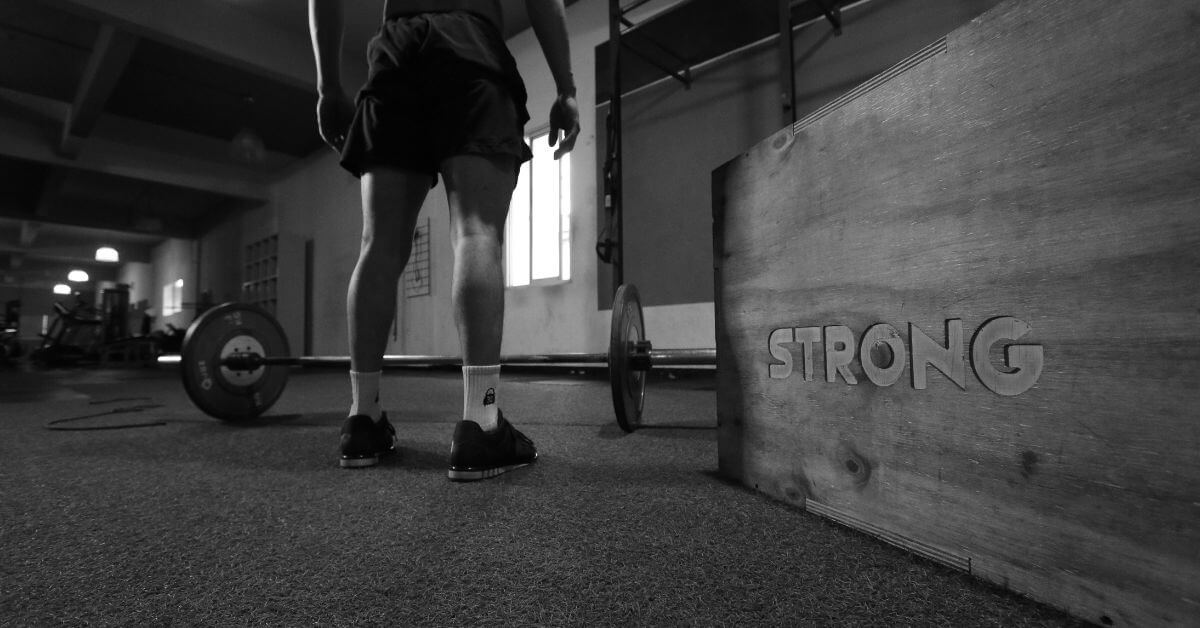Phil Lucker, is the new head coach of the 7…
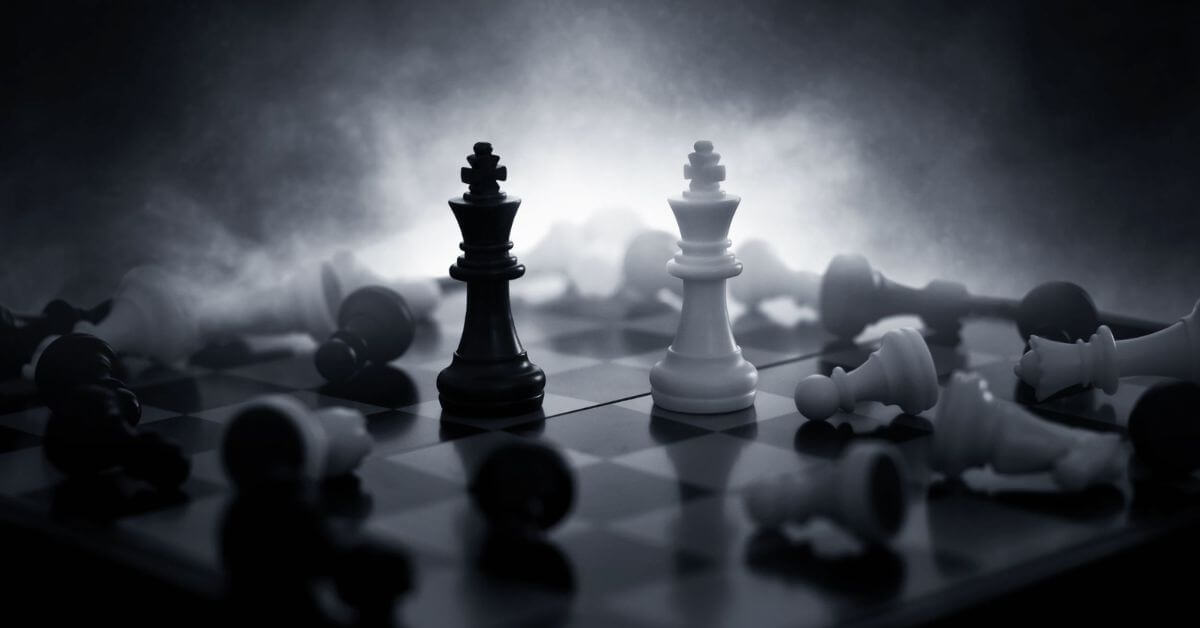
The Game of Life – And Why You Can’t Win It
“If you can meet with Triumph and Disaster and treat those two impostors just the same…”
Did you watch last year’s Wimbledon final? What a great spectacle and entertaining contest between two polarising athletes.
Whenever I watch tennis at Wimbledon, I am reminded of the famous poem by Rudyard Kipling engraved above the players’ entrance of the center court.
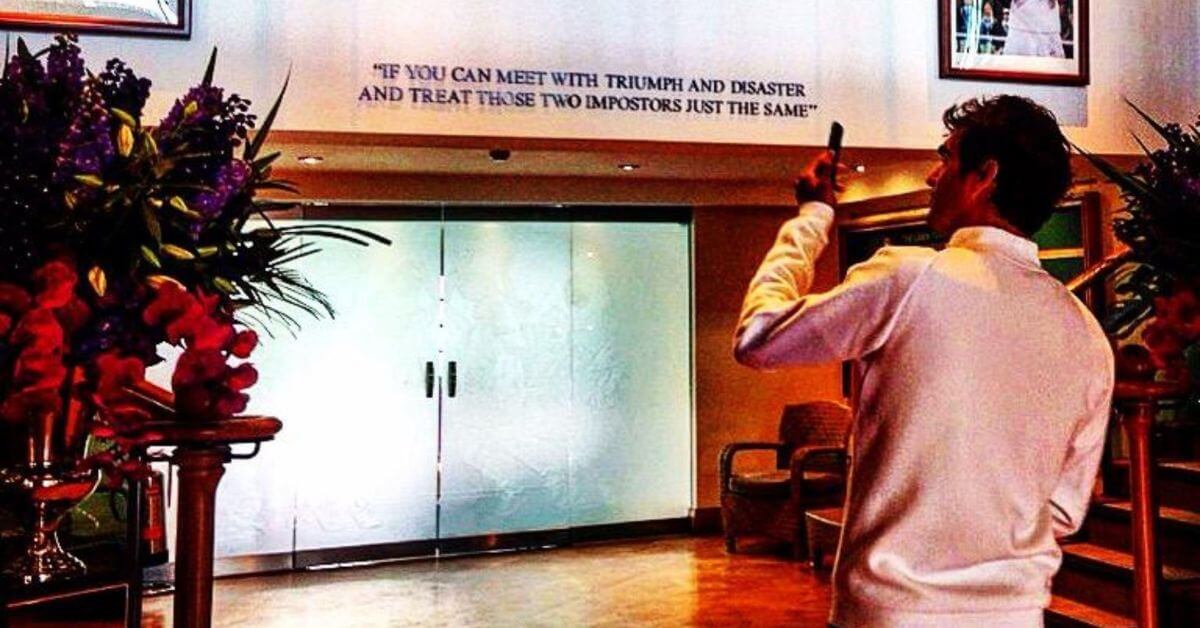
In essence, these few words explain what “the game of life” is all about. Being aware and understanding that life is a constant cycle of ups and downs.
Simply said, nothing is true without its opposite. It’s the very basic principle of opposites.
Low tide and high tide, without illness there would be no health, and without defeat, there could be no victory.
The good and the bad side
Dieter Lange, a well-known German speaker, elaborates on this concept in his presentation titled You cannot win the game of life, but you can only play it. The coaching community can learn a great deal from it.
As coaches and athletes, we always want to win, but the issue is that we never get one without the other.
Not just in sports triumph and defeat constantly alternate. This is the same concept as hot and cold, big and small, fair and unfair. You’ll never get one pole without the other.
Ironically, we are very much familiar with this, yet we need to ask ourselves why we are always fighting for one side and trying to ignore the other.
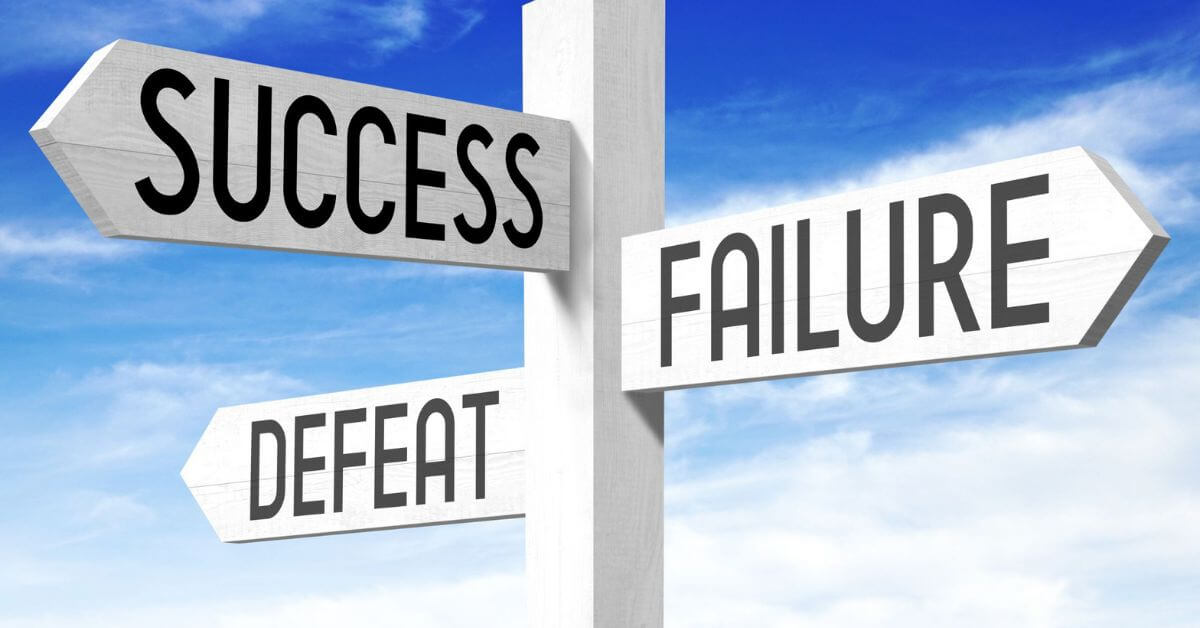
It’s like constantly breathing in, it just doesn’t work. Wherever there is significant success apparent, we often don’t see the shades of defeat.
Take for example a title-winning professional Premiership coach whose team played more than 60 matches a season.
You don’t see stress-related health problems or even heart issues because the body can’t cope with it anymore. Maybe a divorce because his ex-wife said you are more in love with your club than me. The kids don’t want to see daddy, because he wasn’t there for them when it matters and so on.
If you take the same character and imagine this guy has suddenly lost his job, we’d probably see it as a big defeat in the public eye.
What you don’t see is now he has suddenly time again for his family his friends and time to look after his body and therefore he feels much better after a while.
The Walk of Life

This is the walk of life. There is nothing you can reach, where do you want to land? It’s all about playing the game – with a passion.
There is no road to happiness because happiness is the road. Lange said we must find joy in what we do.
If you live with a constant focus on a big target, you essentially just do that to escape boredom. There is nothing wrong with having a direction in life.
But in hindsight, we know that all the big events in life weren’t planned. Just look at your own vita and you’ll realise that.
Life happens while you are making plans
There are always twists and turns and you never know where you’ll arrive in the end. However, you should have a direction, that’s vital.
The problem with setting targets is that they ruin the moment. They try to tell you that it is beautiful over there but not here.
So, we need to understand what targets do. They initiate actions, but nothing more.
There is certainly nothing wrong with making new experiences, that’s absolutely fine. It is the drama, however, to assume I am fulfilled and happy if I achieve this. But that won’t be the case.
John Lennon nailed it when he said, life is happening while you are making plans.

It’s not about the plans: The map is not the journey, the menu is not the food. We must see success on a different level.
Lange explains this theory with the following formula:

Talent is what we are born with, what feels easy to us. Luck on the other hand is when preparation meets opportunity, i.e., being at the right time at the right place and meeting the right people. This is something we can’t influence.
But success will always be minimised by a strong ego. Like greed, jealousy, hate, and comparisons. Don’t forget there is always someone who is more successful than you. Comparison is always the death of all happiness.
The Solution
But how can we live a fulfilling and successful life as coaches, athletes, or just humans?
If you want to know how to live a life, you have to watch how children live it. Children essentially only want one thing: Play!
Everything in life is a game, every moment is full of passion.

Unfortunately, we lose this capacity at some point because adults take it away from us. But why is this the case?
If you walk with a child 100 meters down the road, you probably need half an hour for that. Everything they see is interesting, every stone, stick, or butterfly.
But parents get impatient as they want to go somewhere else, “happiness” is somewhere else.
The child interprets that as “wherever” I am not right. But instead, it’s all about then…and that’s the basis for your plans and targets.
But imagine we would live like children. Not childish, but curious. Living more in the moment, Carpe Diem. What if we do it like children, and never repeat anything?
We are not playing because we are getting old, we are getting old because we are not playing anymore.
In sports, we have the huge privilege to carry on “playing” a game that we love. But too often we forget about that it is “just a game” and that however, the game ends, it’s all part of it. Think about the two imposters from the poem.
Bear that in mind next time you go out and play or coach – and you’ll be happier.
#gameoflife #winninglosing #polaropposites #coaching #beachild

